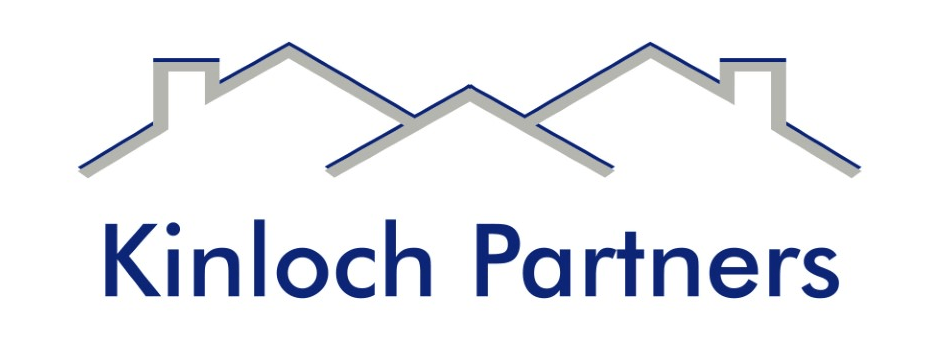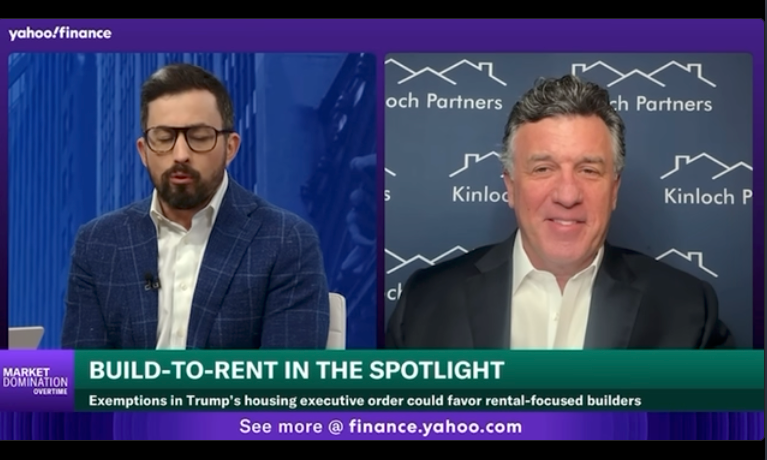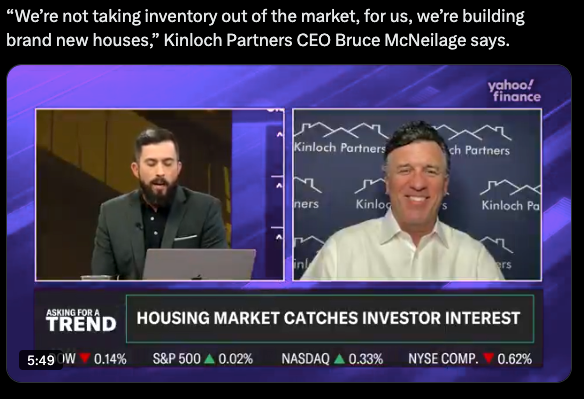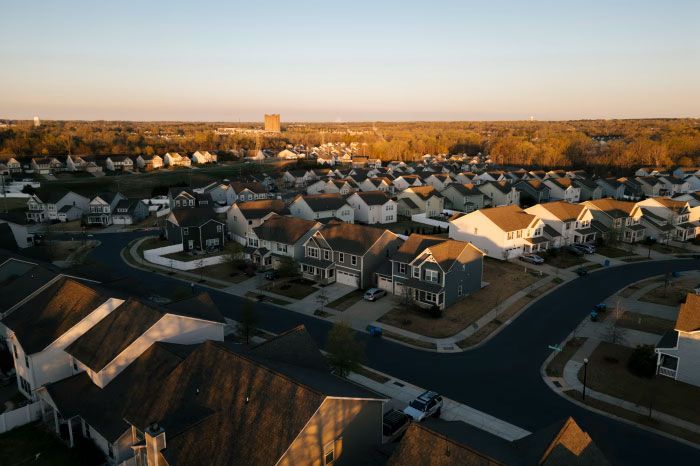New Nashville condos expand affordable options across city
Original story here: http://www.tennessean.com/story/money/homes/2017/05/18/new-nashville-condos-expand-affordable-options-across-city/320471001/
Chris Prisco believes he got a great deal when he purchased his condo at Solo East , the new development along a once-ignored stretch of Gallatin Pike. He thinks he did it again with Alloy condos under construction on Tech Hill, a rapidly emerging neighborhood close to the Nashville Fairgrounds.
At both developments, buyers have found they can purchase a new residence in the heart of the city for less than they expected. At Alloy, 10 condos are still available for less than $200,000 and 15 are priced below $250,000.
When Solo East launched a couple of years ago at 1118 Litton Ave., prices initially started around $150,000 for a one-bedroom and rose over time. As residents began moving in this spring, they found that because of rapidly rising home prices across the region, their condos were already worth substantially more than they paid for them, said Bruce McNeilage. He is a partner in Harpeth Development, the company that developed Solo East.
“I hope Alloy experiences that, but who knows how much more property values can go up in Nashville. There has to be a ceiling,” said Prisco.
He plans to keep his Solo East condo as a long-term rental and live at Alloy, which is closer to his office. Both developments are in places he believes are being transformed by new investment.
Alloy is within a short walk of the 117-acre Nashville Fairgrounds , where Mayor Megan Barry plans to invest $15 million in upgrades, including soccer fields and a park. Solo East is along a stretch of Gallatin Road where the mayor wants to place the city’s first light rail line.
“I have an open mind” about buying in an emerging neighborhood, said Prisco. “With the demand, every place is going to be a nice place to live.”
Alloy will have 81 units when complete. Buyers have already snapped up 51 condos, attracted by the development’s location in one of the city’s most culturally diverse neighborhoods, said Mark Deutschmann, CEO of Village Real Estate.
He cited “the proposed 37-acre park at the Fairgrounds, which is substantially funded, the proposed Brown’s Creek Greenway (and) easy access (Interstate) 440” as additional attractions.
McNeilage has plans to take the Solo brand to other parts of the city. He’s making plans for Solo Lofts on a 2.5-acre site along Dickerson Road that was the location of a motel. In keeping with his promise to Mayor Barry to create additional workforce housing, 16 of the units will be priced at $99,000.
The remainder of Solo Lofts’ 110 condos initially will have prices starting at $199,000 for a one-bedroom residence and $299,000 for a two-bedroom. The development will feature rooftop amenities such as a barbecuing area and a lounge overlooking the downtown skyline.
“Affordable is now $199,000 and $200,000,” said McNeilage. “In Nashville, Tennessee, that’s about as cheap as you get other than a doublewide.”
He also has plans for Solo North in the MetroCenter area, which would be a gated, three-story development with up to 130 condos. Those plans depend on the availability of an affordable site.Future plans involve Solo West, an affordably priced condo development along the Charlotte Pike corridor.
McNeilage described rising home values as “our blessing and our curse. If you got on the ownership train five years ago, it’s easy to move up. But it’s created a whole class of renters” who can’t afford to buy.
“Eventually it’s going to be hard to recruit jobs if we can’t provide affordable housing,” he said.
Paige Hamilton is looking forward to moving into her new Alloy condominium in September. She sold her house in the Nations neighborhood on the west side and is looking forward to “something smaller, something ‘funner.’ ”
“Alloy is such a great price. I have the same mortgage payment, but something new,” she said.
Debra Beagle, the managing broker of the Ashton Real Estate Team of ReMax Advantage, recalled helping buyers find an affordable condo at Solo East.
“They’re homeowners now,” she said, “part of the American Dream.”











